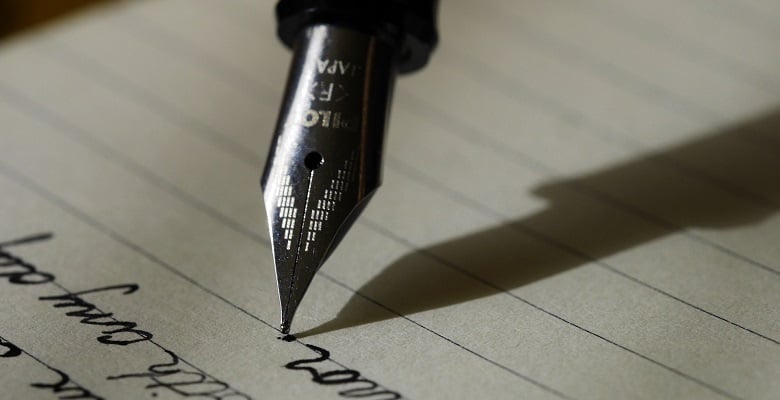In an attempt to get a share of his family’s £160 million fortune, an accountant resorted to forging the will of his dead mother.
In a recent High Court ruling, it was discovered that Girish Dahayabhai Patel had created a fraudulent will around a document his mother had previously signed.
However, the forgery was discovered after the validity of the will was challenged by his brother; further forensic examination revealed that the document was fraudulent.
Mr Patel was described as a “self-confessed liar” who saw the truth as a “flexible concept” by Judge Andrew Simmonds QC.
He went on mention that despite the accountant’s numerous achievements in the business world, his idea of truth was tailored to his benefit, in line with “his own interests and requirements”.
Mr Patel now faces a legal bill totalling £1.3 million, whilst the original will of his mother still stands.
She died in 2011, with her death acting as a catalyst for the deterioration of the relationship between her sons.
That relationship had, however, already begun to fall apart after disputes in 2009 regarding the family palm oil plantation.
Girish’s brother Yashwant produced the original will of his mother shortly after her death. It stated that everything had been left to him.
In a bid to overturn this will, Girish claimed that his mother had signed a different one in 2005. Stating that she had asked him to distribute money to chosen charities, Girish told the court that the new will had been written in his North Acton offices, on a visit his mother had taken from her Singapore home. He went on to state that it had also been signed in the presence of two witnesses.
The judge rejected this. As well as querying why Mr Patel had failed to bring up the other will in past court battles, he also branded the evidence as “unreliable”.
Numerous factors were brought up in the forensic analysis of the second will, all indicating that it was a fake.
Printer ink specks were found above but not beneath his mother’s supposed signature, signifying that this was written before the text.
Examination of the document also showed an indent of the signature, suggesting several papers had been signed simultaneously.
The judge stated: “I find that there were available to Girish blank papers pre-signed by the deceased which enabled him to forge the will, utilising a genuine but old signature of the deceased,” said the judge.
As well as his own costs of around £750,000, Mr Patel has also agreed to pay his brother’s legal bill of £450,000.




















